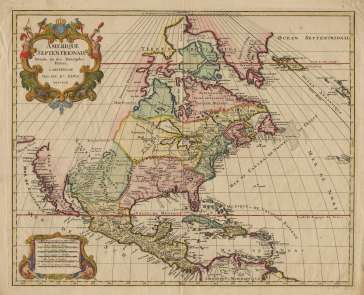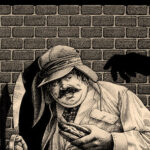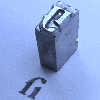
 Want to know how close we can be to the sort of conflict that drives good historical fiction?
Want to know how close we can be to the sort of conflict that drives good historical fiction?
For the residents of the coastal town of Mystic, Connecticut, it’s as close as their own front yards. On a hill that is now part of a quiet neighborhood, almost 400 years ago, a fort of the Pequot people was destroyed by English colonists.
As reported by the Associated Press:
Artifacts of a battle between a Native American tribe and English settlers, a confrontation that helped shape early American history, have sat for years below manicured lawns and children’s swing sets in a Connecticut neighborhood. A project to map the battlefields of the Pequot War is bringing those musket balls, gunflints and arrowheads into the sunlight for the first time in centuries.
It’s also giving researchers insight into the combatants and the land on which they fought, particularly the Mystic hilltop where at least 400 Pequot Indians died in a 1637 massacre by English settlers.
Often, Americans look for historical intrigue and suspense overseas, in the Highlands of Scotland, the Imperial Court of China, India under the Raj, or among the legions of Rome.
But, long before the familiar struggles of the Depression, Prohibition and its gang wars, the Old West, the Civil War, and even the Revolutionary War, the eastern shore of America was the setting for much romance, violence, friendship, and betrayal… all of the elements that make up a good historical novel.

 PJ at 19whiskeys has posted a great little piece on the two types of writers. I won’t tell you what the two types are, because I want you to be overcome with curiosity and click that link.
PJ at 19whiskeys has posted a great little piece on the two types of writers. I won’t tell you what the two types are, because I want you to be overcome with curiosity and click that link.



 At the Huffington Post, Rebecca Serle
At the Huffington Post, Rebecca Serle 
 Today is the birthday of Charles Scribner, personal editor of author Ernest Hemingway, whose last name I heartlessly employ as a euphemism for booze sipped while writing.
Today is the birthday of Charles Scribner, personal editor of author Ernest Hemingway, whose last name I heartlessly employ as a euphemism for booze sipped while writing. 
 Want to know how close we can be to the sort of conflict that drives good historical fiction?
Want to know how close we can be to the sort of conflict that drives good historical fiction?
 Patrick Kiger at the Second Act blog published
Patrick Kiger at the Second Act blog published 

